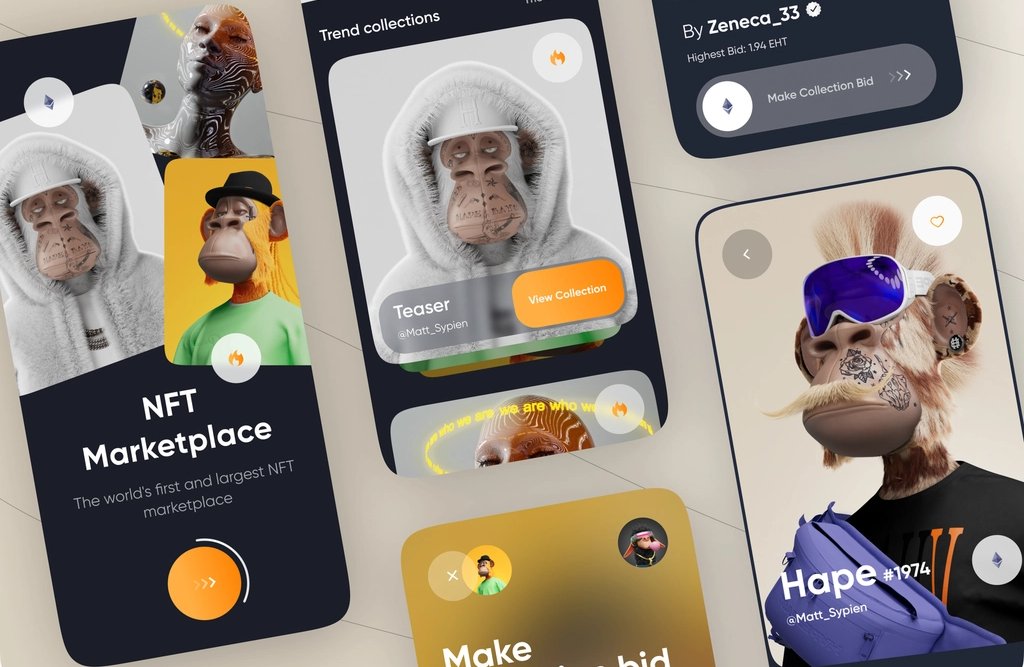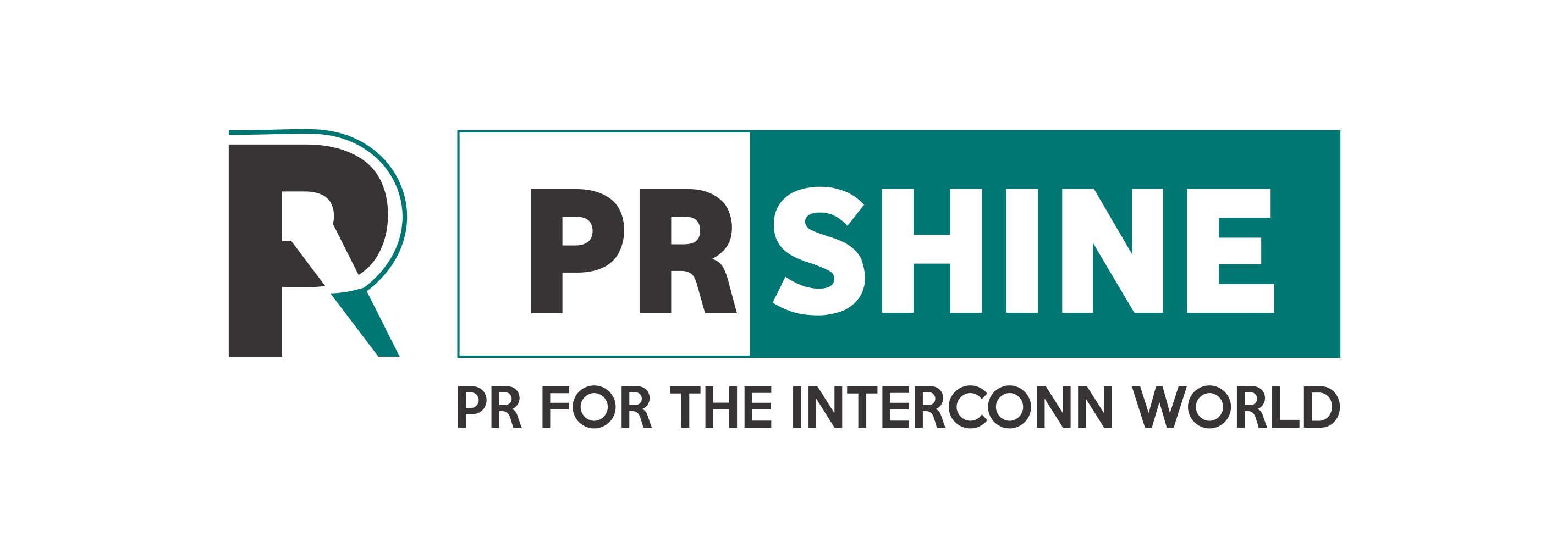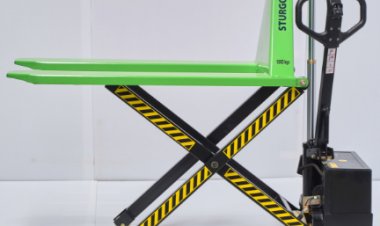NFT Marketplace Development: A Lucrative Business Trend Anymore?
While NFT marketplaces have started diverging toward more novel applications by incorporating metaverse and decentralized finance features, the demand for niche platforms still remains intact.

While the global crypto market has been slumbering for most of the year, trends in other parts of the blockchain space have been encouraging. Non-fungible tokens (NFTs), for instance, have seen their sales in a respectable position, despite the extreme crypto winter. While a few people have doubted the feasibility of NFTs to exist, many still believe firmly that these tokens will have a profound impact on our lives. As long as aspiring entrepreneurs are concerned, they want to keep up with the trends, and Web3 has a lot to offer. To match all such preferences, NFT marketplace development has served to be the solitary answer.
NFT Marketplaces: A Short Introduction
As we know, an NFT marketplace is where we can trade items backed by non-fungible tokens. To make it simpler, consider an NFT marketplace to be the Web3 version of the internet’s revolutionary E-commerce applications. These platforms can sell various kinds of items – digital and phygital to people, along with options to resell them secondarily. The tradability for items provided by these platforms has been one of their success secrets (most of the high-octane million-dollar sales weren’t for their intrinsic value but for speculatory reasons).
Even in the prolonged crypto winter, most NFT marketplaces see regular trades, with some high-valued ones. Also, we should remember that many NFT projects come up often, and most use NFT marketplaces to reach people.
Steps in NFT Marketplace Development
- Plan for the NFT marketplace development process and create the official documentation.
- Build the prototype of the NFT marketplace with model UI/UX screens and put them to the test.
- Based on feedback, proceed to design the front end of the platform with additional features.
- Develop the back-end of the NFT marketplace, where we integrate the platform into the blockchain(s) of your wish and build smart contracts and native tokens.
- Test the platform for deficiencies, and resolve them promptly should the need arise. Ensure the testing regime is repeated multiple times to eliminate all possible errors.
- Launch the NFT marketplace for public use. Ensure to get regular feedback from the user community and use it accordingly while releasing upgrades.
Cost of NFT Marketplace Development
As this blog focuses on NFT marketplace development from scratch, an aspiring entrepreneur in the Web3 space must note that the final billing costs will depend on the process. The more complex the technical stacks used, the more costs it takes, and the same applies to various user-end features.
Shedding Some Final Thoughts
While NFT marketplaces have started diverging toward more novel applications by incorporating metaverse and decentralized finance features, the demand for niche platforms still remains intact. Also, the competition remains optimal, in spite of the huge number of platforms present today, as everything ultimately narrows down to genres. Suppose you want to run an NFT marketplace venture. In that case, it is best to work with an established name in NFT marketplace development that can assist you in launching a featureful business platform that can garner users across the Web3 spectrum effortlessly.












